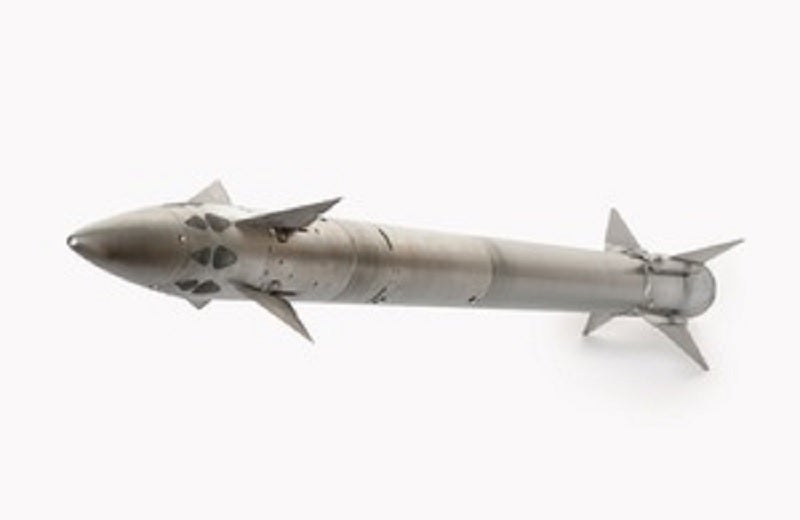
The UK’s latest military package to Ukraine will see the supply of 650 Lightweight Multirole Missiles (LMM) via a £162m ($213.3m) contract intended to provide critically needed air defence ammunition, despite a claimed shortfall in public finances.
The air defence package will be announced by UK Defence Secretary John Healey on 6 September 2024 at the Ukraine Defence Contact Group meeting at US Air Force Base in Ramstein, according to a UK government release.
It comes following a bilateral meeting between Healey and his Ukrainian counterpart Rustem Umerov in London earlier this week, where the pair discussed how the UK will continue to increase support over the coming months.
At that meeting, the Defence Secretary confirmed that £300m worth of ammunition for 152mm Soviet-era artillery that will start to be delivered by the end of this year to support Ukraine’s war effort.

The first batch of LMM missiles are expected to be delivered by the end of 2024. Broken down, each LMM has a value of nearly £250,000 in the latest contract.
In its release, the UK government said the LMM package is part of the country’s effort to “step up UK and European defence production”, with the missiles to be built by Thales at its factory in Belfast, Northern Ireland.
Since Russia’s invasion of Ukraine in 2022, the UK has provided hundreds of LMM missiles to Kyiv for air defence. The LMM can reach speeds of Mach 1.5 and has a range of more than 6km, primarily being used against threats such as armoured personnel carriers, fast inshore attack craft, and UAVs.
Scale of UK assistance to Ukraine laid bare
Since Russia’s invasion of Ukraine, the UK has donated vast swathes of its ammunition and armoured vehicle inventory to Kyiv, amounting to billions of dollars’ worth of equipment. The UK-led International fund for Ukraine (IFU) also recently hit the £1bn funding milestone.
With more than £500m given by the UK to the IFU, in addition to the opening of a £2bn line of credit for Ukraine to purchase UK military equipment, the UK’s commitment looks set to continue through the term of the new parliament.
This is despite a cost-of-living crisis that continues to impact households across the UK, with recent cuts to heating allowances to retirees causing significant controversy as the winter months begin to approach.
It is apparent that one area where a claimed £22bn black hole in public finances is not going to affect will be in continued provision of funding and equipment to Ukraine.
The latest commitment is also indicative of the need for the UK to provide ongoing contracts to weapons and munitions manufacturers to ensure production lines are able to restock the country’s own vastly depleted stocks of weapons such as the NLAW anti-tank missiles.
At the time of publishing, the UK Ministry of Defence had not responded to questions from Army Technology regarding the future delivery timeline of systems post-2024.
The package was funded through the UK’s ongoing yearly £3bn commitment to Ukraine, and Norwegian funding to the IFU.




